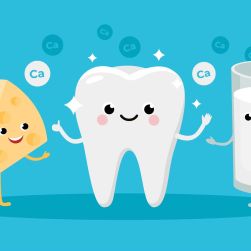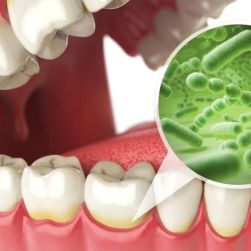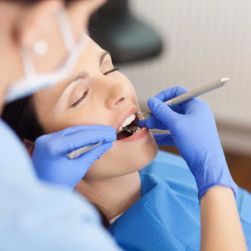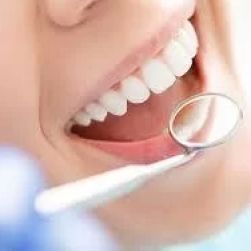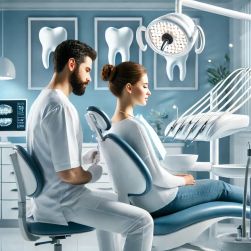Introduction to Oral Bacteria and Overall Health
It is widely recognized that oral health is a crucial component of overall health, yet many people overlook the impact that oral bacteria can have beyond the mouth. Oral bacteria, if not managed properly, can lead to serious health issues including cardiovascular disease, diabetes, and respiratory infections. This complex relationship between oral bacteria and systemic health makes it vital to maintain proper oral hygiene. In this article, we will explore how to manage the impact of oral bacteria on overall health, emphasizing strategies that can help protect your body from potential health risks.
In the United States, approximately half of adults aged 30 and over suffer from some form of periodontal disease, as reported by the Centers for Disease Control and Prevention (CDC). This statistic underscores the urgency of recognizing and managing the effects of oral bacteria. Understanding this link is the first step towards achieving better health outcomes.
The Connection Between Oral Health and Systemic Health
Research has demonstrated that oral bacteria can travel from the mouth to various parts of the body, contributing to systemic conditions. This connection is due to the fact that the human body is an interconnected system where oral health serves as both a mirror and a potential source of systemic health problems. Conditions such as endocarditis, a dangerous infection of the heart’s inner lining, are known to be linked to oral bacteria entering the bloodstream.
Scientific evidence shows that inflammation and infections in the mouth can increase the level of systemic inflammation, aggravating conditions such as cardiovascular disease. Therefore, maintaining a healthy oral environment is critical for preventing these bacteria from wreaking havoc on overall health.
Effective Strategies to Manage Oral Bacteria
One of the most effective ways to manage oral bacteria is through regular and thorough oral hygiene practices. Brushing teeth at least twice a day with fluoride toothpaste and flossing daily are fundamental strategies. However, these practices must be complemented by regular dental check-ups and professional cleanings. According to the American Dental Association (ADA), these routine practices can significantly reduce harmful bacterial colonies in the mouth.
Using an antibacterial mouthwash can further reduce bacteria and improve oral health. Studies have shown that regular use of such mouthwashes can contribute to a decrease in plaque and gingivitis.
Diet and Its Impact on Oral Bacteria
Diet plays a crucial role in managing oral bacteria. Foods high in sugar and acidic beverages can create an environment conducive to bacterial growth, leading to tooth decay and gum disease. A balanced diet rich in vitamins and minerals not only benefits overall health but also supports strong teeth and gums.
Incorporating foods that naturally cleanse the mouth, such as crunchy fruits and vegetables, along with dairy products rich in calcium, can help in maintaining a healthy oral microbiome.
The Role of Lifestyle Choices
Lifestyle choices such as smoking, excessive alcohol consumption, and stress can negatively impact oral health, exacerbating bacterial infections. Smoking, in particular, is known to compromise the immune system, making it harder to combat oral bacteria. Quitting smoking and moderating alcohol intake are crucial steps in managing oral and systemic health.
Additionally, reducing stress through mindfulness practices can help improve immune function and, consequently, oral health.
Role of Professional Dental Care
Professional dental care is indispensable in managing oral bacteria. Dentists and dental hygienists can identify and treat dental issues that individuals may overlook. The Dentistry Toothtruth website offers resources and a comprehensive guide on how regular visits can prevent the escalation of oral bacteria-related health problems.
Regular professional cleanings remove plaque and tartar, which are difficult to remove with regular brushing and flossing alone. Periodic examinations can also help detect early signs of oral health issues linked to systemic health.
Conclusion: Taking Action for Better Health
The impact of oral bacteria on overall health is a significant concern that requires immediate and sustained attention. By implementing effective oral hygiene practices, adopting a healthy diet, making positive lifestyle choices, and seeking regular professional dental care, individuals can significantly reduce the risks associated with oral bacteria. As the Dentistry Toothtruth website emphasizes, prevention and proper management are key to safeguarding both oral and overall health.
Ultimately, being proactive about oral health today can lead to a healthier body tomorrow. By understanding and addressing the link between oral health and systemic health, we pave the way for improved well-being and quality of life.

